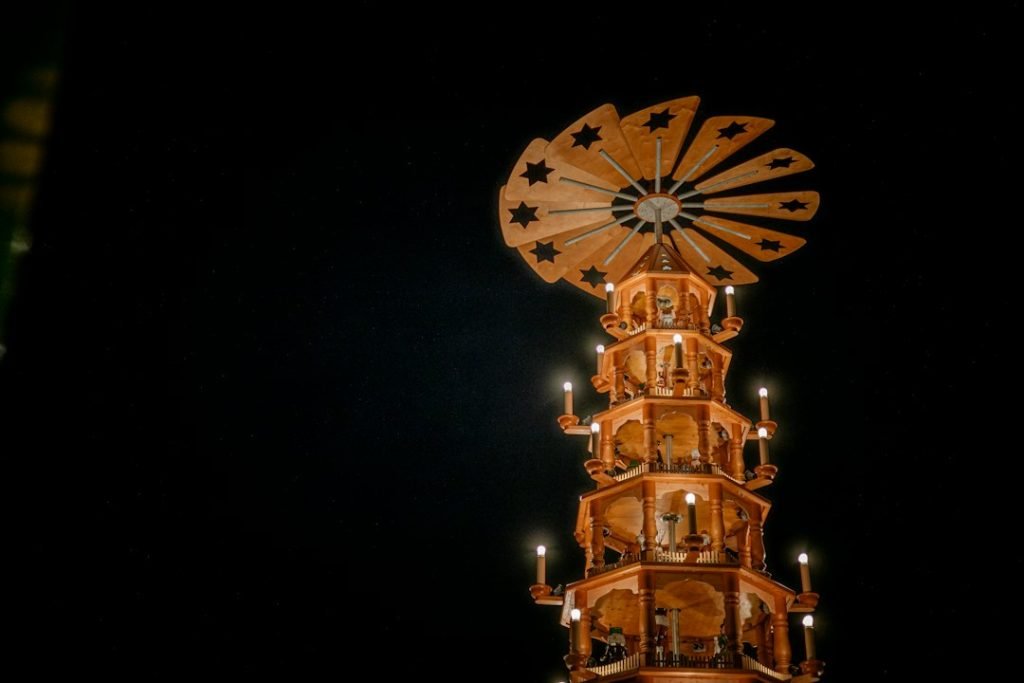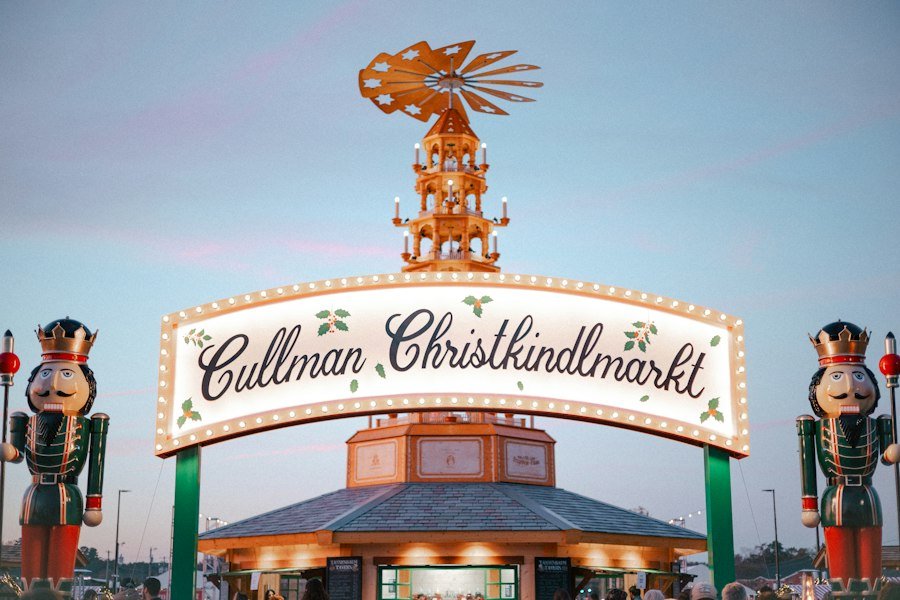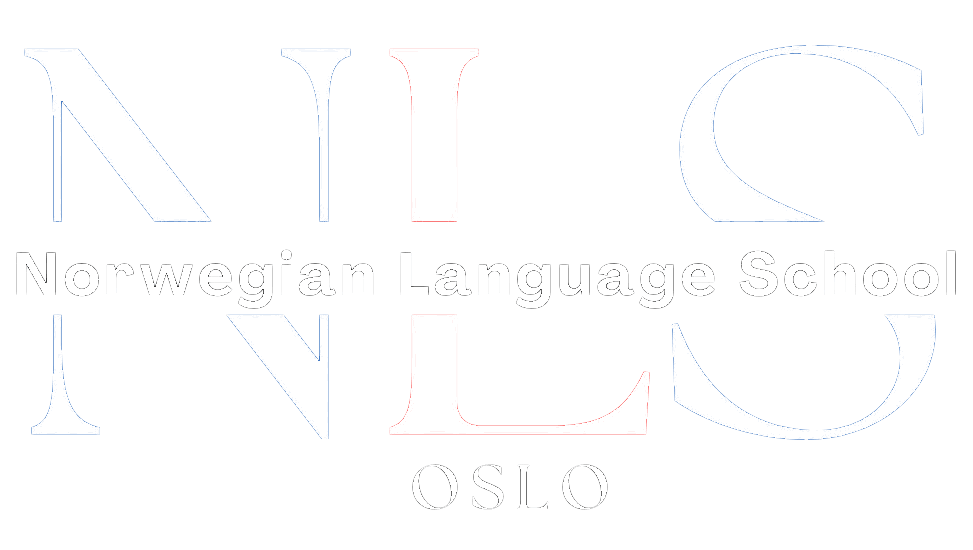

Celebrating Holidays in Germany: Festive Vocabulary
Learning festive vocabulary in German can be a fun and rewarding experience. Not only does it allow you to better understand and participate in German celebrations and traditions, but it also helps improve your language skills and cultural knowledge. Festivals and holidays are an important part of any culture, and Germany is no exception. By learning the vocabulary associated with these celebrations, you can gain a deeper appreciation for the German culture and connect with native speakers on a more personal level.
Table of Contents
ToggleBasic German Vocabulary for Celebrating Holidays
When it comes to celebrating holidays in Germany, there are some common words and phrases that you should know. For example, “Frohe Weihnachten” is the German equivalent of “Merry Christmas,” while “Alles Gute zum Geburtstag” means “Happy Birthday.” These phrases are commonly used during holiday greetings and celebrations, so it’s important to familiarize yourself with them.
Pronunciation is also key when it comes to using these words in context. German pronunciation can be quite different from English, so it’s important to practice and get it right. For example, the “ch” sound in German is often pronounced like a guttural “h,” as in the word “Buch” (book). Similarly, the “r” sound is rolled in German, unlike in English where it is pronounced with the tip of the tongue against the roof of the mouth.
German Christmas Traditions and Vocabulary
Christmas is a magical time in Germany, filled with unique traditions and customs. One of the most well-known traditions is the Advent calendar, which counts down the days until Christmas Eve. Each day, a small door or pocket is opened to reveal a surprise or treat. This tradition has been adopted by many countries around the world.
Another popular tradition in Germany is the Christmas market, or “Weihnachtsmarkt.” These markets are set up in towns and cities throughout the country and are filled with stalls selling crafts, food, and drinks. They are a great place to soak up the festive atmosphere and find unique gifts for loved ones.
When it comes to vocabulary related to Christmas, there are several words that you should know. For example, “Lebkuchen” is a type of gingerbread that is often enjoyed during the holiday season. “Tannenbaum” refers to the Christmas tree, which is traditionally decorated with ornaments and lights. Learning these words will not only help you navigate German Christmas celebrations, but it will also give you a deeper understanding of the culture and traditions.
Easter Celebrations in Germany: Customs and Expressions
Easter is another important holiday in Germany, filled with customs and expressions that are unique to the country. One of the most well-known traditions is decorating eggs, or “Eier bemalen.” This can be done using various techniques, such as dyeing the eggs or painting them with intricate designs. These decorated eggs are then used in Easter egg hunts or given as gifts.
Another popular Easter tradition in Germany is the Easter bunny, or “Osterhase.” According to folklore, the Easter bunny brings eggs and hides them for children to find. This tradition has its roots in pagan rituals celebrating the arrival of spring and fertility.
When it comes to vocabulary related to Easter, there are several words that you should know. “Osterei” refers to an Easter egg, while “Osterhase” is the Easter bunny. Learning these words will not only help you understand German Easter traditions, but it will also allow you to participate in conversations and celebrations with native speakers.
Oktoberfest Vocabulary: How to Celebrate the Bavarian Way
Oktoberfest is one of the most famous festivals in Germany, attracting millions of visitors from around the world each year. Held in Munich, Bavaria, Oktoberfest is a celebration of Bavarian culture, food, and, of course, beer. If you’re planning to attend Oktoberfest or simply want to learn more about this iconic festival, it’s important to familiarize yourself with the vocabulary associated with it.
One of the most important words to know is “Bier,” which means beer. Oktoberfest is known for its large beer tents, where visitors can enjoy a variety of traditional Bavarian beers. Another word to know is “Brezn,” which means pretzel. Pretzels are a popular snack at Oktoberfest and are often enjoyed with a cold beer.
By learning these words and phrases, you can fully immerse yourself in the Oktoberfest experience and connect with locals on a deeper level. It’s also a great way to expand your German vocabulary and improve your language skills.
New Year’s Eve in Germany: Greetings and Traditions

New Year’s Eve, or “Silvester,” is a time of celebration and reflection in Germany. It is customary to gather with friends and family to ring in the new year with fireworks, parties, and traditional foods. One of the most well-known German New Year’s Eve traditions is watching the comedy sketch “Dinner for One.” This sketch has become a beloved tradition in Germany and is often watched on television as the clock strikes midnight.
When it comes to vocabulary related to New Year’s Eve, there are several words and phrases that you should know. “Silvester” refers to New Year’s Eve itself, while “Prost Neujahr” means “Cheers to the New Year.” Learning these words will not only help you navigate German New Year’s Eve celebrations, but it will also allow you to participate in conversations and celebrations with native speakers.
Celebrating Carnival in Germany: Vocabulary and Activities
Carnival, or “Karneval,” is a festive season celebrated in many parts of Germany. It is a time of parades, costumes, and parties, and is often associated with the cities of Cologne and Düsseldorf. If you’re planning to celebrate Carnival in Germany, it’s important to familiarize yourself with the vocabulary associated with this lively event.
One of the most important words to know is “Karneval,” which means Carnival. This word is used to refer to the entire season of festivities leading up to Lent. Another word to know is “Kostüm,” which means costume. Dressing up in elaborate costumes is a key part of Carnival celebrations in Germany.
By learning these words and phrases, you can fully immerse yourself in the Carnival experience and connect with locals on a deeper level. It’s also a great way to expand your German vocabulary and improve your language skills.
German Thanksgiving: Vocabulary and Traditions
While Thanksgiving is not traditionally celebrated in Germany, there is a similar holiday known as Erntedankfest, or Harvest Festival. This holiday is a time to give thanks for the harvest and is often celebrated with church services, parades, and feasts. If you’re interested in learning more about German Thanksgiving traditions, it’s important to familiarize yourself with the vocabulary associated with this holiday.
One of the most important words to know is “Ernte,” which means harvest. This word is used to refer to the gathering of crops and is central to the celebration of Erntedankfest. Another word to know is “Dankbarkeit,” which means gratitude. Giving thanks for the harvest and expressing gratitude are key aspects of German Thanksgiving celebrations.
By learning these words and phrases, you can gain a deeper understanding of German Thanksgiving traditions and connect with locals on a more personal level. It’s also a great way to expand your German vocabulary and improve your language skills.
Celebrating Birthdays in Germany: Customs and Expressions
Birthdays are a special occasion in any culture, and Germany is no exception. If you’re planning to celebrate a birthday in Germany or simply want to learn more about German birthday traditions, it’s important to familiarize yourself with the vocabulary associated with this event.
One of the most important words to know is “Geburtstag,” which means birthday. This word is used to refer to the day of birth and is central to birthday celebrations in Germany. Another word to know is “Geschenk,” which means gift. Giving and receiving gifts is a key part of German birthday celebrations.
By learning these words and phrases, you can fully participate in German birthday celebrations and connect with locals on a deeper level. It’s also a great way to expand your German vocabulary and improve your language skills.
Taking a German Course to Learn Festive Vocabulary
Learning festive vocabulary in German can be a fun and rewarding experience. By taking a German course, you can learn more about the vocabulary associated with German celebrations and traditions. Not only will this improve your language skills, but it will also give you a deeper understanding of the culture and traditions.
In addition to learning vocabulary, a German course can also provide you with opportunities to practice speaking and listening skills. This will help you feel more confident when participating in conversations and celebrations with native speakers.
Overall, learning festive vocabulary in German is a great way to connect with the culture and traditions of Germany. Whether you’re interested in Christmas, Easter, Oktoberfest, New Year’s Eve, Carnival, Thanksgiving, or birthdays, there is a wealth of vocabulary to explore. So why not take a German course today and start expanding your language skills?
If you’re interested in learning more about Norwegian culture and language, you might also enjoy our article on “Embracing Syttende Mai: Celebrating the Norwegian Constitution Day.” This festive holiday is a significant part of Norwegian culture and is celebrated with parades, traditional costumes, and delicious food. Learn more about the history and traditions of Syttende Mai by clicking here.
FAQs
What are some popular holidays celebrated in Germany?
Some popular holidays celebrated in Germany include Christmas, Easter, Oktoberfest, and Carnival.
What is the traditional Christmas greeting in Germany?
The traditional Christmas greeting in Germany is “Frohe Weihnachten,” which means “Merry Christmas.”
What is Oktoberfest?
Oktoberfest is a 16-day festival held annually in Munich, Germany. It is a celebration of Bavarian culture and features traditional food, music, and beer.
What is Carnival?
Carnival, also known as “Karneval” or “Fasching,” is a festive season that takes place in the weeks leading up to Lent. It is celebrated in various regions of Germany with parades, costumes, and parties.
What are some traditional German foods eaten during the holidays?
Some traditional German foods eaten during the holidays include Stollen (a fruitcake), Lebkuchen (gingerbread), and Glühwein (mulled wine).
What is the significance of the Christmas tree in Germany?
The Christmas tree, or “Tannenbaum,” is a symbol of Christmas in Germany. It is traditionally decorated with lights, ornaments, and tinsel, and is often the centerpiece of holiday celebrations.

Norwegian A1-A2
Course Overview The Norwegian A1-A2 course is an online program focused on teaching essential Norwegian grammar and vocabulary. It includes a variety of materials and topics, with opportunities to interact with a Norwegian teacher entirely online. Curriculum Highlights The course covers key areas such as grammar and vocabulary and topics such as family, daily life, education, work, traditions, and leisure activities. Who Should Enroll? This course is perfect for beginners or those at the A1 or A2 levels who want to improve their Norwegian skills. What You Get Access to the full Norwegian A1-A2 course. A monthly 1-hour online conversation with a teacher. Many written and oral assignments. Comprehensive information on Norwegian grammar, Norwegian vocabulary and how to use them, important sentence structures, etc. Tips on additional resources to further enhance your Norwegian learning.
0 students enrolled
Last updated Dec 10th, 2024
If you want to learn Norwegian, you can register for classes here. We look forward to hearing from you and helping you become fluent in Norwegian.





